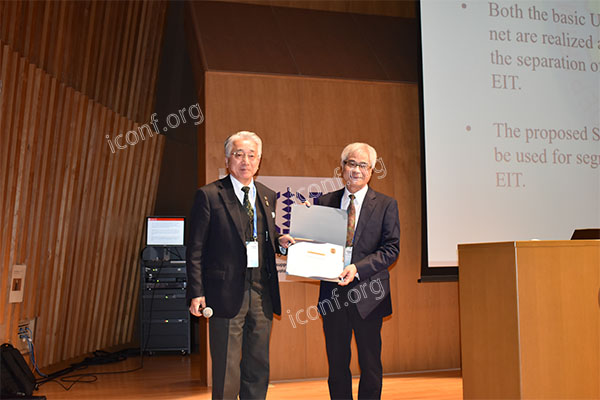Creating a well-structured agenda is a cornerstone of a successful academic conference. Organizers must balance research presentations, networking opportunities, and engaging activities to provide attendees with a productive and enriching experience. Below, we explore the essential steps and considerations in planning a conference agenda.

The first step in planning a conference agenda is defining the objectives of the event. Key questions include:
These objectives guide the overall structure of the agenda and ensure it aligns with the needs of attendees.
A typical academic conference spans 1-3 days, with the agenda divided into clear segments:
The event kicks off with an opening ceremony that sets the tone. This may include:
Plenary sessions bring all attendees together to discuss high-level topics or groundbreaking research. These sessions usually feature renowned speakers and focus on themes of broad interest.
To accommodate diverse interests, conferences often include parallel sessions. These are smaller, concurrent sessions organized by specific themes or topics, such as:
Poster sessions allow researchers to showcase their work visually and interact directly with attendees. This is often scheduled during breaks or dedicated time slots to maximize participation.
Networking is a critical component of any academic conference. Agendas typically include informal sessions such as:
The conference concludes with a closing ceremony to summarize key takeaways, recognize contributors, and announce any future events.
Time management is crucial when planning the agenda. Organizers must allocate time slots strategically to avoid conflicts and maintain attendee engagement. Best practices include:
In the era of hybrid and virtual conferences, agendas must also cater to remote attendees. This includes:
Once finalized, the agenda should be made accessible to all attendees. Common methods of distribution include:
Looking to attend or organize an academic conference? Visit iConf.org to explore upcoming events and access tools for conference planning. Whether you’re an attendee or an organizer, iConf.org can help streamline your conference experience.
Make your academic events seamless and impactful—start planning today!